Rosehip Oil For Hair: Benefits, How To Use It, Precautions and More
This carrier oil can keep your scalp inflammation, itchiness, and the like in check.
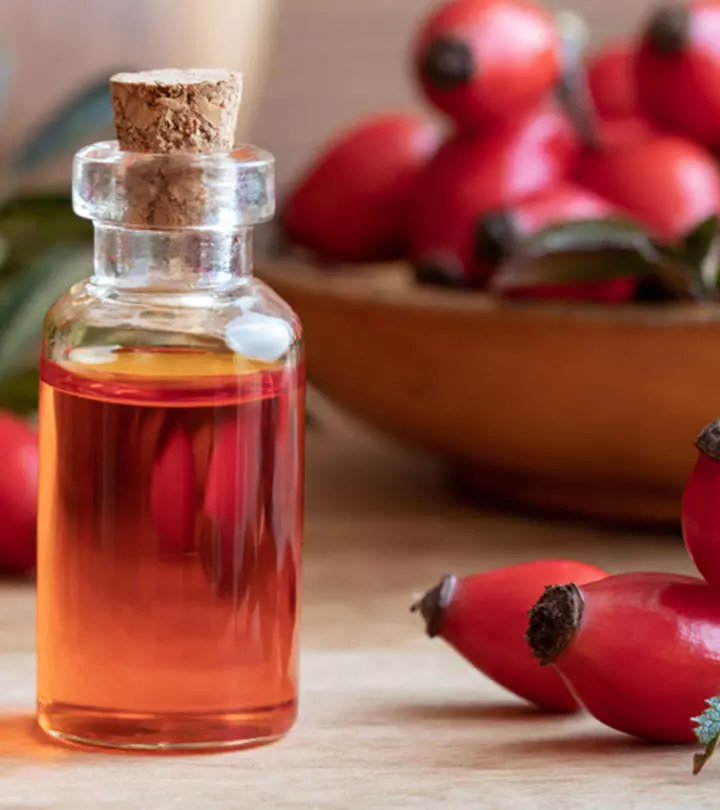
Image: Shutterstock
Rosehip oil is a traditional oil known for its therapeutic value. This pressed seed oil is derived from the seeds of the Rose canina bush. The benefits of rosehip oil for hair can be attributed to its scalp-healing properties. It also has anti-inflammatory, antioxidant, anti-fungal, and antimicrobial effects.
This oil has been in use for centuries and by Native Americans and Egyptians. It is used to treat dandruff, scalp itching, and dryness.
In this article, we explore the many benefits of rosehip oil for hair. We also tell you how you can use it and the precautions you need to take. Keep reading for more information.
 Know Your Ingredient: Rosehip Oil
Know Your Ingredient: Rosehip OilNutrition-rich oil derived from the seeds of the Rose canina bush.
What Are Its Benefits?
Treats dandruff, nourishes hair, reduces hair fall, conditions the scalp, reduces sebum production and helps treat eczema and psoriasis.
Who Can Use It?
Anyone keen to reduce hair loss and who isn’t allergic to the oil can use it.
How Often?
It depends on the individual hair type and needs. In general, you can use rosehip oil on your hair once or twice a week.
Caution
Rosehip oil may cause itchiness, redness or hives, rashes, and crustiness. Hence, do a patch test before applying.
In This Article
What Is Rosehip Oil?
Rosehip oil is derived from the seeds of the rosehip plant, a wild rose species native to Europe, Asia, and North America.
When this rose blooms and fades, it leaves behind a small, reddish fruit called a rosehip. Inside these rosehips are tiny seeds.
These seeds are carefully pressed to get the precious rosehip oil. The process is called cold-pressing, which means no heat is used. This gentle method helps preserve the oil’s natural goodness.
Read on to learn more about how it keeps hair healthy and glowing.
Key Takeaways
- You can use rosehip oil once or twice a week to treat dandruff, hair fall, excess sebum production, and eczema.
- Mix it with other oils such as jojoba oil, coconut oil, almond oil, etc., to boost hair growth and scalp health.
- Rosehip oil may cause side effects such as hives, itchiness, or rashes.
How Does Rosehip Oil Boost The Health Of Your Hair And Scalp?
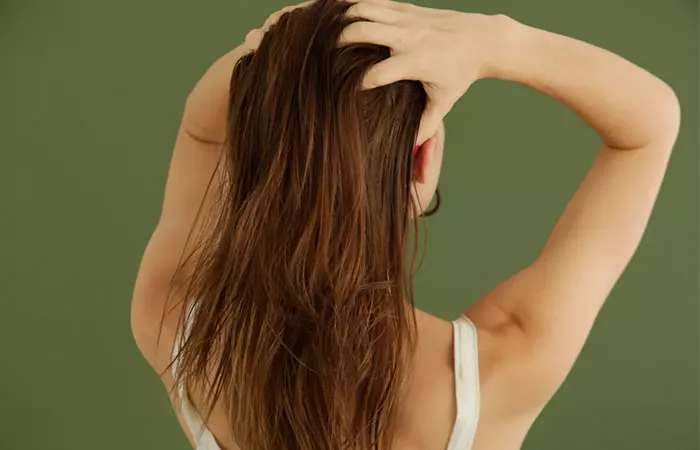
Your scalp needs moisturization – especially during winters. Since ancient times, people have used rosehip oil to keep fine lines and dandruff at bay.
Besides, the use of rosehip oil on hair promotes the rejuvenation of hair follicles. Your hair grows stronger, resulting in reduced hair fall. Moreover, rosehip oil is packed with essential fatty acids, vitamins, and antioxidants that revitalize skin and hair.
The use of rosehip oil for hair growth is beneficial because:
- Rosehip, the fruit that bears rosehip oil, is rich in vitamin C. Vitamin C is required for moisturizing the skin and eliminating free radicals (1).
- Rosehip also contains a high percentage of linoleic acids and other fatty acids (2). These elements are essential for maintaining a healthy scalp.
- Rosehip oil is packed with vitamin E and anti-inflammatory agents that are needed for nourishing your skin and hair (3).
 Trivia
TriviaThe unique combination of vitamins A, E, and C found in rosehip oil is gaining popularity for maintaining beauty and vitality.
Apart from that, rosehip essential oil may act as a natural conditioner for your scalp! Due to its hydrating properties, rosehip oil can be easily absorbed by your scalp (2). Therefore, it nourishes the hair roots from deep within.
The possibility of using rosehip oil for hair regrowth is not far-fetched either since it may help renew your damaged scalp and restore the shine and health of damaged hair. However, note that further research is required to support these theories.
Why Use Rosehip Oil For Hair Growth?
Among all existing research on rosehip oil benefits, the oil’s role in supporting healthy hair growth is fast gaining importance. This can be attributed to one of its unique effects. We know that build-up in hair follicles is the primary cause of hair fall. However, the moisturizing and hydrating elements of rosehip oil do not cause build-up. They, in fact, reduce it. Naturally, regular usage leads to less hair fall, thereby paving the way for the growth of new hair. But, how does the build-up occur in the first place?
The answer lies in the use of chemicals found in commercial shampoos and other hair products (4). It is difficult to completely wash out certain hair products, further blocking the hair follicles. The congested roots, in turn, do not allow hair growth.
Prevent the gunk from accumulating in your hair follicles with these steps:
- Pre-moisturize your scalp by massaging it with rosehip seed oil.
- Use sulfate-free shampoo, which is more gentle on your hair.
The rosehip oil will dissolve the excess build-up, making it easier for you to completely wash it out.
Also, if your hair feels too dry after shampooing, rosehip oil will pre-moisturize it.
Potential Benefits Of Rosehip Oil For Scalp Treatment
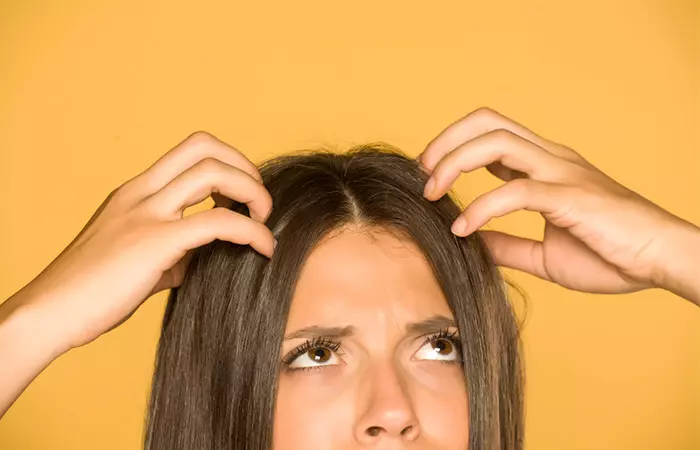
A healthier scalp is synonymous with healthier hair. Since rosehip oil is vital for the skin, it may help improve your scalp health as well. However, more research in this field may lead to the discovery of specific benefits of rosehip oil for the scalp.
One cannot talk about hair care without scalp health. Using rosehip oil for hair minimizes sebum production – a primary cause of greasy scalp.
Rosehip oil can also moisturize the flakes, which may, in return, treat a dry, itchy scalp. In fact, its rich fatty acid content does not clog the pores and cause excess build-up.
Sherry Kennedy, a fitness, fashion, and lifestyle vlogger, shared her experience of using rosehip oil for her hair. She said, “I think it did a really good job of clarifying my scalp, it got rid of some of the dry skin I’ve been dealing with (i).”
Nicoletta, a Youtuber, left the oil in her hair overnight and achieved remarkable results. She said,“I noticed a difference in the overall texture of my hair. It is definitely a lot more smoother, fluffier, frizz-free (ii).”
The Role Of Rosehip Oil In Managing Inflammatory Scalp Conditions
A study conducted on patients living with osteoarthritisi A chronic arthritic condition that wears down the cartilage protecting the joints, leading to pain and swelling in joints and even hair loss as an autoimmune response. found that not only does rosehip oil has the potential to reduce inflammation, but it can also minimize the patients’ pain (5).
When it comes to inflammatory skin conditions such as psoriasis and rosaceai A common skin condition that in rare cases affects the scalp, causes redness, inflammation and visible blood cells on the face. , the possibility of using rosehip oil for treatment is immense.
It makes sense that such effects can be translated to treating inflammatory scalp conditions as well. However, this statement needs to be backed by more research.
That said, if you are living with any of the aforementioned inflammatory skin conditions, consult your doctor before making changes to your skin care routine.
When it comes to natural ingredients for hair, the options are limited, and rosehip oil certainly balances the act. Learn the many ways you can use rosehip oil on your hair and reap its benefits.
How To Use Rosehip Oil For Hair
You can use rosehip oil on your hair in multiple ways. The first method is to use a rosehip hair mask to nourish your hair ends and follicles. Let us see how:
I. How To Make A DIY Rosehip Oil Hair Mask
What You Need
- Rosehip seed oil – 1 teaspoon
- Peppermint essential oil – 3 drops
- Jojoba oil – 2 tablespoon
Prep Time:
5 minutes
What To Do
- Mix all the ingredients in a glass jar.
- Massage the mixture on wet hair.
- Leave it on for at least 30 minutes.
- Rinse the mask off with shampoo and lukewarm water.
Remember to wash your hair with cold water.
This is because warm water leaves your hair cuticle open, which facilitates moisture loss. Therefore, it is important to seal the cuticles to lock in the moisture.
Note: Rosehip oil hair mask can only be applied to clean, wet hair.
II. Rosehip Oil Hot Oil Massage
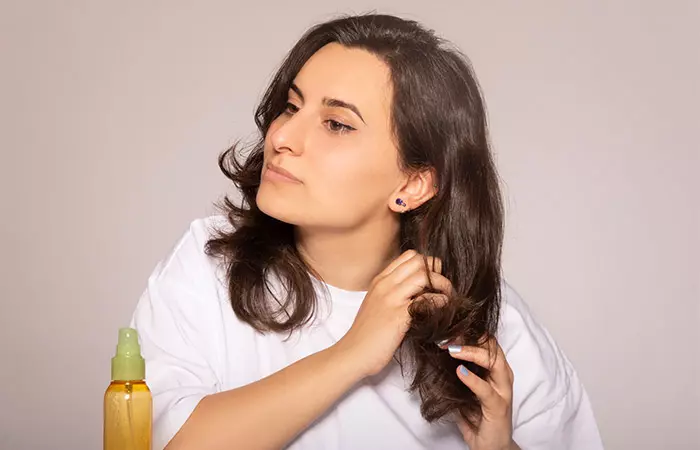
One of the most convenient ways to use rosehip oil is to incorporate it in a hot oil massage to prevent hair loss. The massaging action is said to stimulate the scalp, thus promoting healthy hair growth. You must, however, check the temperature so that you do not accidentally burn your scalp.
Besides, too much heat can destroy its natural properties. You should use this method at your discretion as it is not backed by any scientific evidence.
III. For Frizzy Hair
What You Need
- Rosehip oil
Prep Time
5 minutes
What To Do
- Rub a little quantity of rosehip oil between your palms.
- Ensure the oil is spread evenly.
- Apply the oil to your hair gently as you pay special attention to the ends.
You may use rosehip oil on damp or dry hair. This process will help seal the hair cuticles and prevent moisture loss and frizz.
Rosehip oil is an excellent natural solution for controlling frizzy hair. It is rich in linoleic acid and other vital fatty acids and is an ideal choice for nourishing and moisturizing your hair (2). It also boosts hair sheen.
IV. Spot Treatment For Scalp
This is the first of two methods discussed earlier and is especially helpful for inflammatory skin conditions, dandruff, and scalp dryness.
Follow these steps for spot treatment:
- Massage your scalp with rosehip oil for a good 15 minutes.
- Put on a shower cap.
- Let it rest for half an hour.
- Rinse off the oil carefully and avoid contact with eyes.
- Allow your hair to dry naturally to obtain a smoother texture!
Again, if you have sensitive skin, it is best to discuss with your dermatologisti A medical doctor specializing in the diagnosis and treatment of scalp and skin-related conditions, such as psoriasis. before following this procedure. You can also use rosehip oil in combination with other natural ingredients. Check them out in the next section.
V. Rosehip Oil Remedies
Did you know that you can mix rosehip oil with other essential oils for hair growth? In fact, it is an age-old practice to make DIY hair oils to avail the special benefits of various ingredients and target different hair health issues. Experimentation is good as long as you are careful. Here are some of the combinations you can try:
1. Rosehip Oil With Coconut Oil
You can mix pure coconut oil with rosehip oil for improved hair growth and scalp health. However, there is no scientific evidence backing this claim. Follow these steps before applying this mixture to your scalp:
- Take both oils in equal quantities.
- Heat up the coconut oil slightly.
- Mix both the oils together.
- After the mixture is ready, gently apply it to the roots using a cotton ball.
- Leave the oil blend on your scalp for 20 to 30 minutes
- Rinse it off with a mild shampoo.
2. Rosehip Oil, Almond Oil, Amla Oil, And Castor Oil
You can uncover the benefits of almond oil, amla oil, castor oil, and rosehip oil for hair growth with the following steps:
- Mix equal proportions of all the oils.
- Gently massage the mixture into your scalp.
- Let the mixture nourish your scalp for at least 20 minutes before rinsing it off.
3. Rosehip Oil With Argan Oil
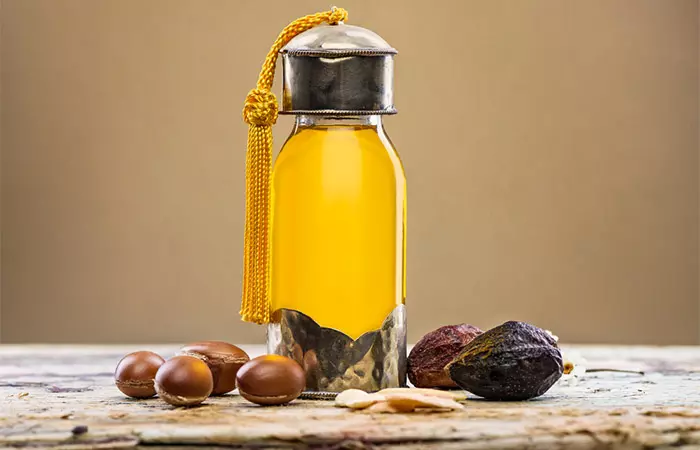
Argan oil is called ’liquid gold’ for a good reason. It can restore the glory of your hair by making it healthier, glossier, and stronger. Combining rosehip oil with argan oil is claimed to prevent hair fall due to the high vitamin E content in both ingredients.
- Mix the oils in equal proportions.
- Apply the oil and leave it on for 30 minutes.
- Wash the blend off with a gentle shampoo.
4. Rosehip Oil With Jojoba Oil
By blending rosehip oil with jojoba oil, you can moisturize and nourish your hair, thereby giving it a more youthful appearance. Hence, it is especially recommended for people who have dull and brittle hair. However, there is no scientific evidence for these benefits.
- Mix rosehip and jojoba oils in equal parts.
- Massage a few drops into your scalp.
- Leave the oil blend on for 30 minutes before washing it off.
 Quick Tip
Quick TipWith a host of hair health benefits and various uses, consumers are gradually moving towards rosehip oil as a natural hair treatment option. Now, the final question arises: is rosehip oil good for your hair? We take a closer look.
Are There Any Side Effects?
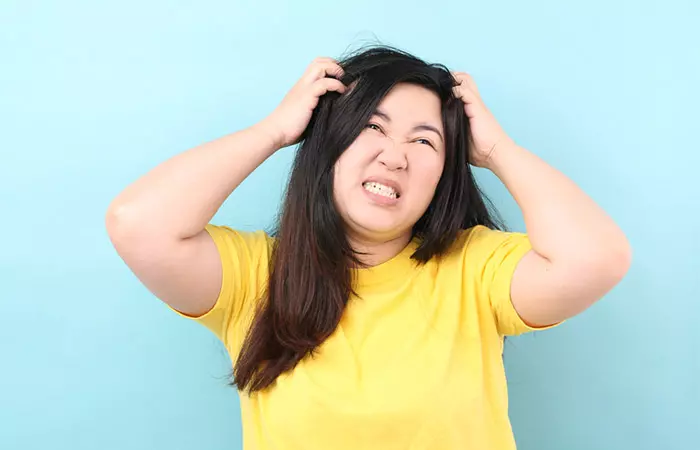
It is quite evident that rosehip oil has skin-healing properties. Many studies have found it effective in treating inflammatory skin conditions.
Although it is not meant to be a cure, it can relieve pain and inflammation. There is not much evidence that directly links rosehip oil with hair.
Since your scalp health is very much linked with your hair health, rosehip seed oil may prove beneficial after all. That said, you should always pick the organic variant of rosehip oil.
There are some rare side effects that may be caused due to oil. Some of them include:
- Crusty skin
- Skin rash
- Hives or redness
- Itchy skin
For this reason, you should always do a patch test by applying rosehip oil to a small area of your skin, preferably your elbow. If you develop an allergic reaction in the next 24 hours, it is best not to use the oil on the scalp.
Precautions When Using Rosehip Oil
If you do not observe any side effects, you can apply the oil to your scalp. While rinsing it off in the shower, make sure it does not get into your eyes.
You should only apply rosehip oil topically, and never take it orally. However, even with topical application, consult your doctor if you:
- Have pre-existing health conditions.
- Take medications that could cause drug interactions.
You should proceed with using rosehip oil on your hair only after checking with your doctor.
Infographic: 3 Best Ways To Use Rosehip Oil For Hair Growth
Rosehip oil possesses anti-inflammatory and antimicrobial properties that may help treat several inflammatory scalp conditions. You can use it to get healthy, shiny hair. However, make sure to do a patch test before using it to avoid adverse effects. Click on the infographic below to check the three best ways to use rosehip seed oil for hair growth. Illustration: StyleCraze Design Team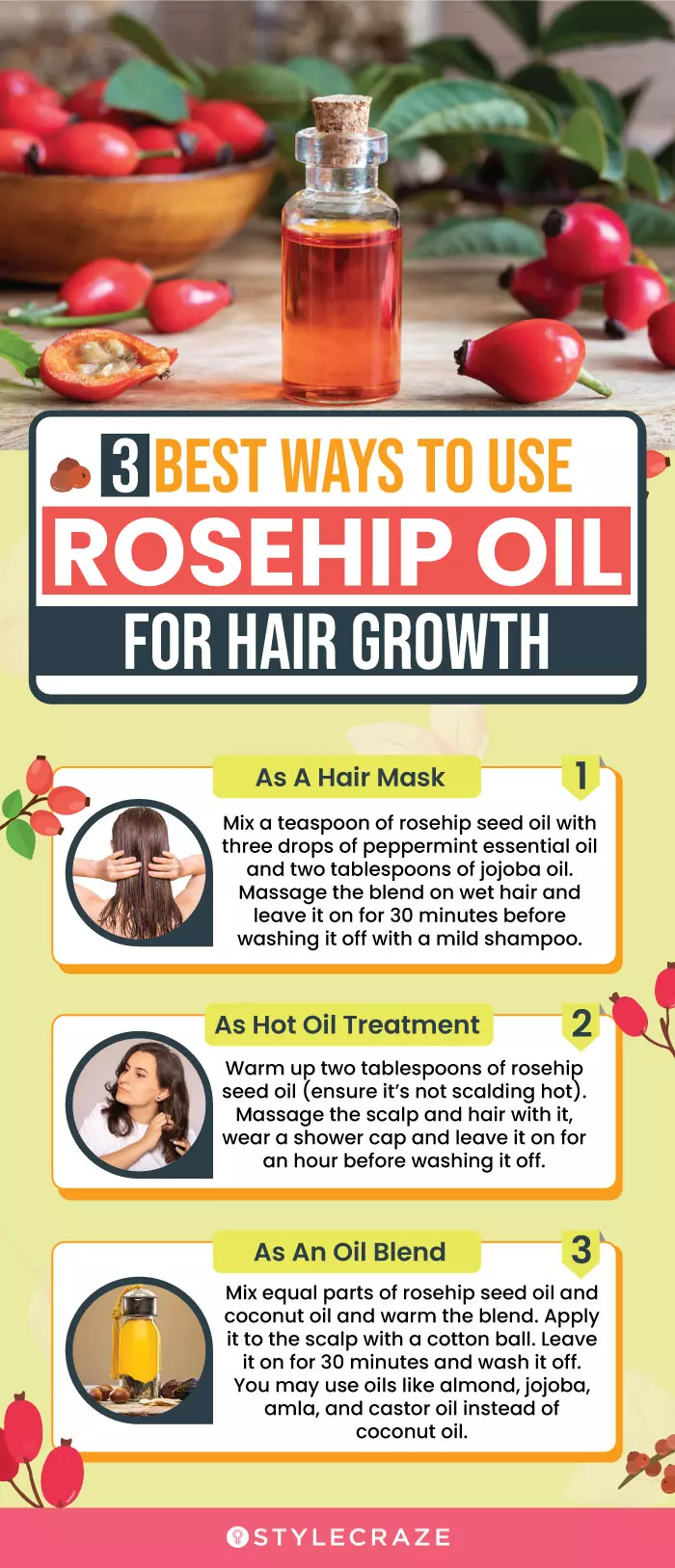
Rosehip oil is a nutrition-rich oil traditionally used by Native Americans and Egyptians for centuries to treat various hair issues. Its antimicrobial and anti-inflammatory properties make it ideal for reducing dandruff, scalp moisturization, and inflammation associated with eczemai An inflammatory skin condition that causes dry skin, itchiness, rashes, blisters, scaly patches, and other skin infections. and psoriasis.
You can use rosehip oil for your hair growth in combination with ingredients such as coconut, jojoba, or argan oil. In rare cases, rosehip oil may result in side effects such as hivesi Red, raised, splotchy, and itchy areas of skin that usually occur due to an allergic reaction to something. , skin rash, or itchy skin. So, it is recommended to consult your doctor before using it.
Frequently Asked Questions
Does rosehip oil thicken hair?
Anecdotal evidence suggests that rosehip oil contains healthy nutrients that may nourish and thicken your hair.
Does rosehip oil cause gray hair?
No, there is no scientific evidence that suggests that rosehip oil causes gray hair.
Is rosehip oil good for low porosity hair?
Yes, rosehip oil is a lightweight oil with essential fatty acids and vitamins that penetrate your hair and hydrate it, making it ideal for low porosity hairi The structure of the hair shaft with fewer cuticles, thereby causing hindrance in the proper absorption of moisture. .
Illustration: Rosehip Oil for Hair: Benefits How to Use It Precautions and More
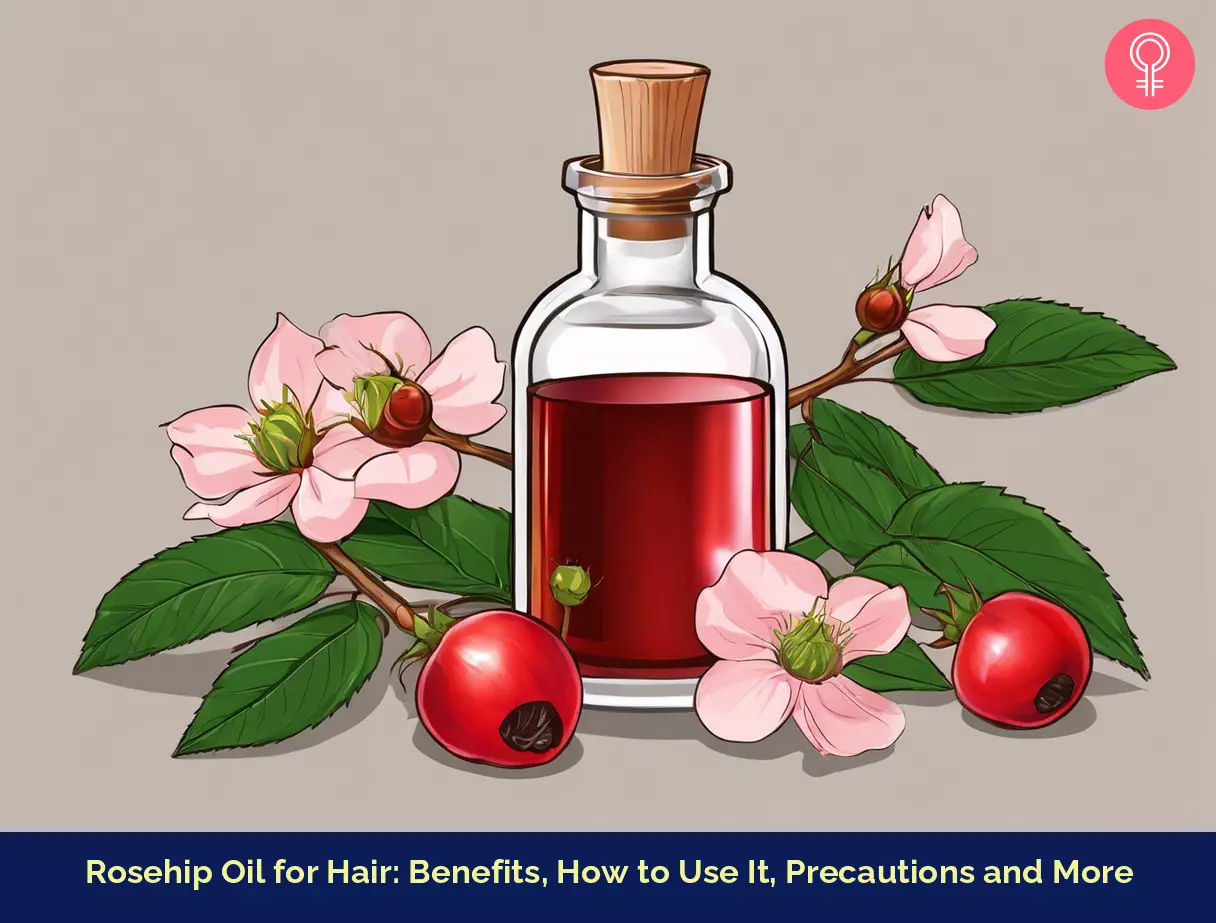
Image: Stable Diffusion/StyleCraze Design Team
References
Articles on StyleCraze are backed by verified information from peer-reviewed and academic research papers, reputed organizations, research institutions, and medical associations to ensure accuracy and relevance. Read our editorial policy to learn more.
- Total Polyphenol Content and Antioxidant Capacity of Rosehips of Some Rosa Species.
www.ncbi.nlm.nih.gov/pmc/articles/PMC6165473/ - The Enigma of Bioactivity and Toxicity of Botanical Oils for Skin Care.
www.ncbi.nlm.nih.gov/pmc/articles/PMC7272663/ - Therapeutic Applications of Rose Hips from Different Rosa Species.
www.ncbi.nlm.nih.gov/pmc/articles/PMC5485961/ - Essentials of Hair Care often Neglected: Hair Cleansing.
www.ncbi.nlm.nih.gov/pmc/articles/PMC3002407/ - Does the hip powder of Rosa canina (rosehip) reduce pain in osteoarthritis patients? – a meta-analysis of randomized controlled trials.
www.sciencedirect.com/science/article/pii/S1063458408000654
Read full bio of Dr. Shruti Chavan
Read full bio of Arshiya Syeda
Read full bio of Ramona Sinha
Read full bio of Medha Deb







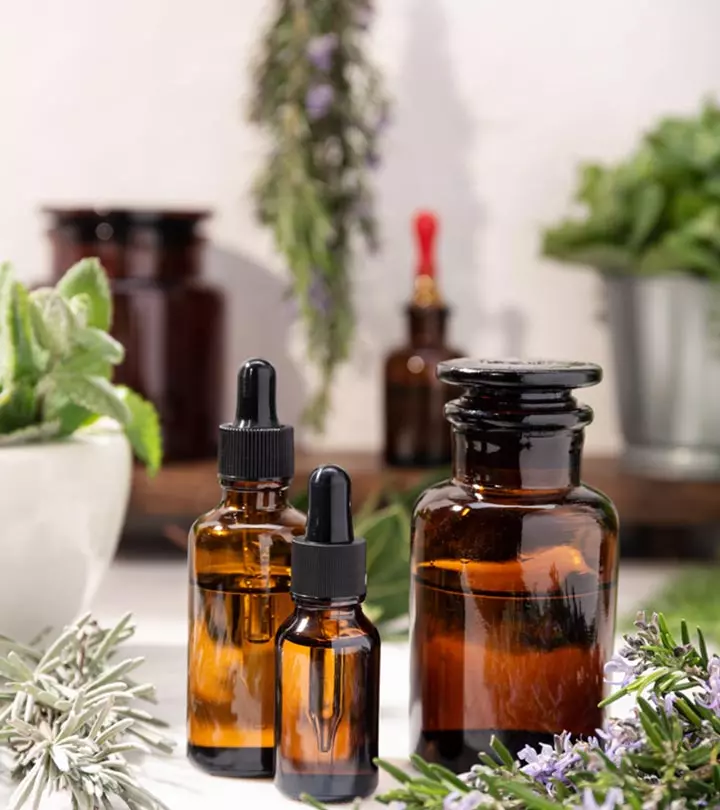
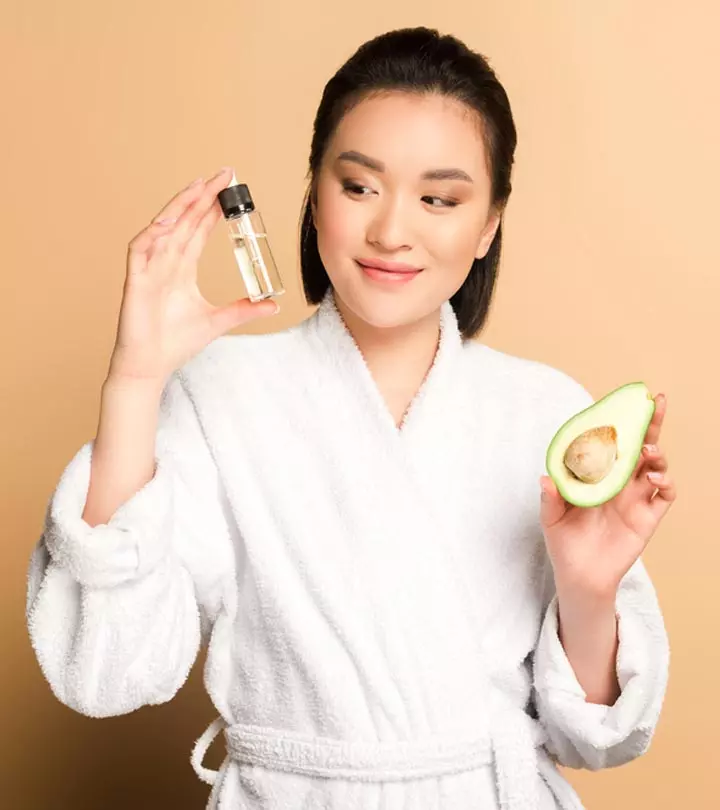
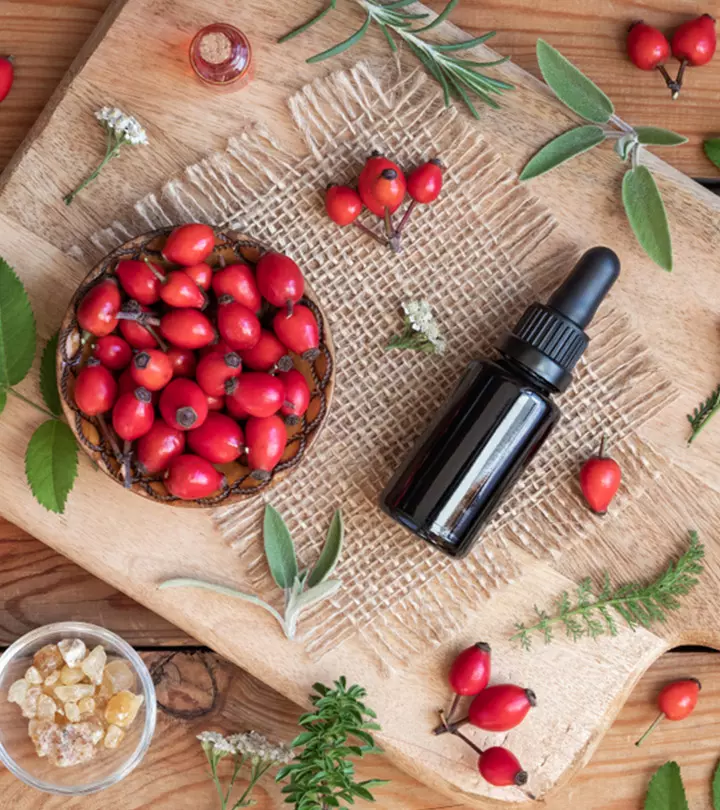
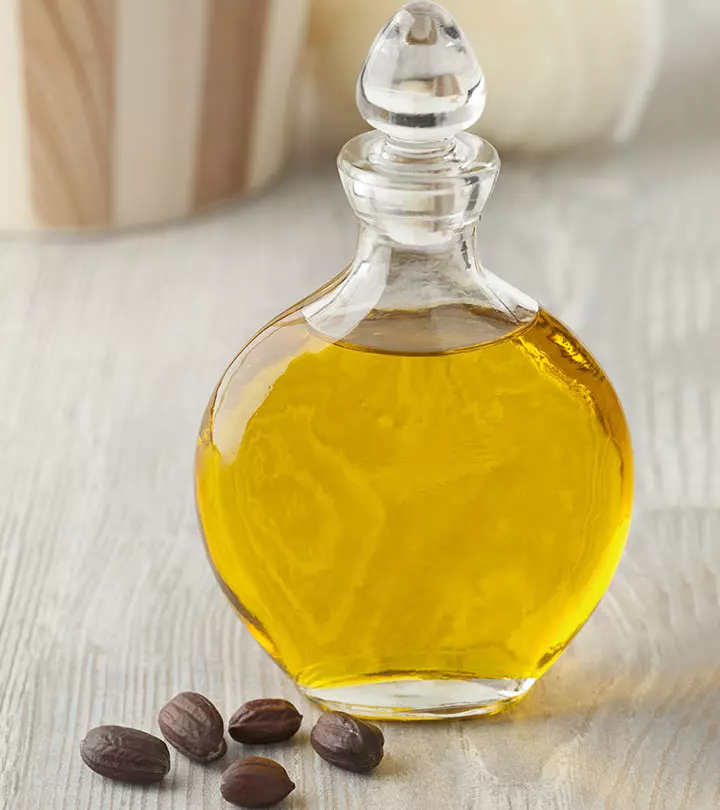
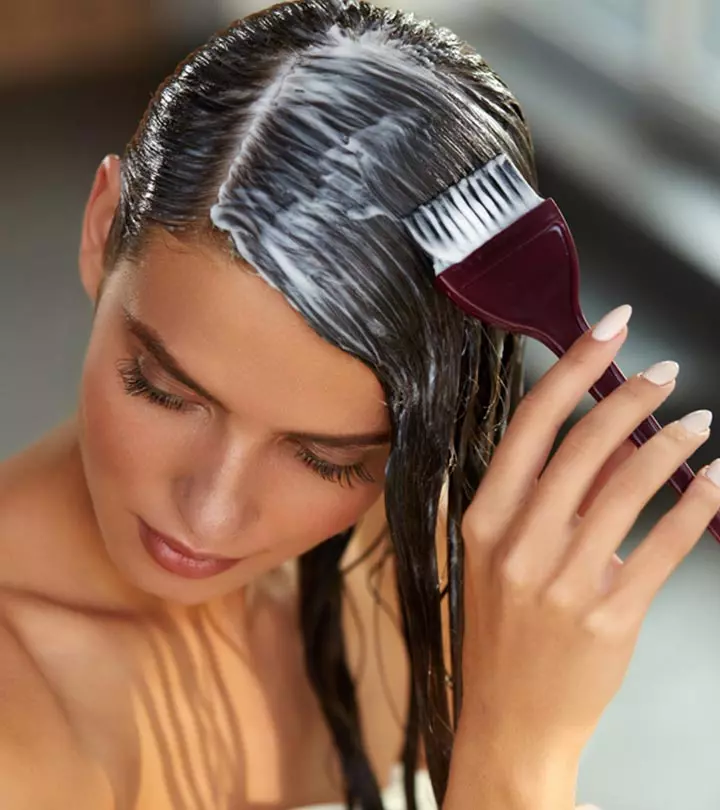

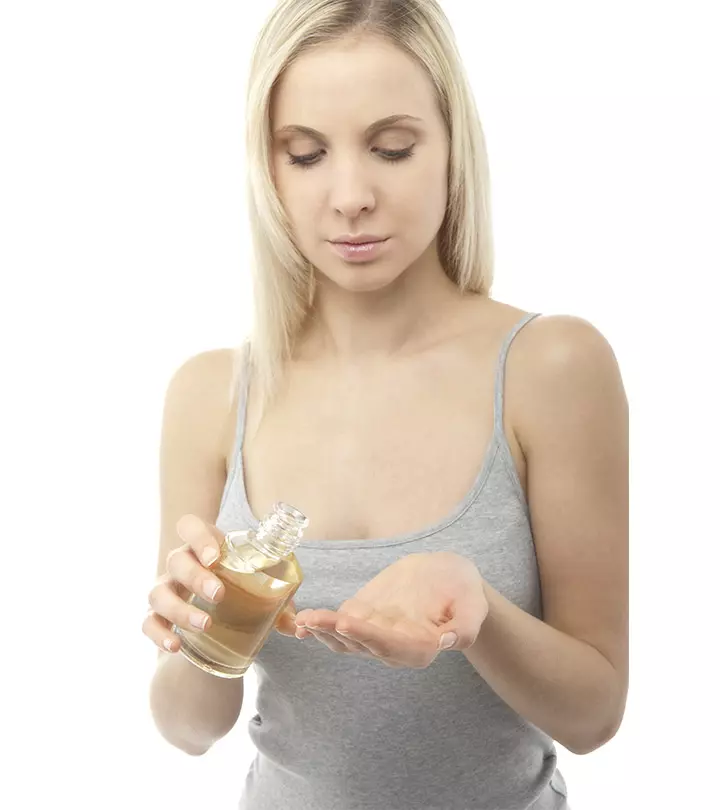
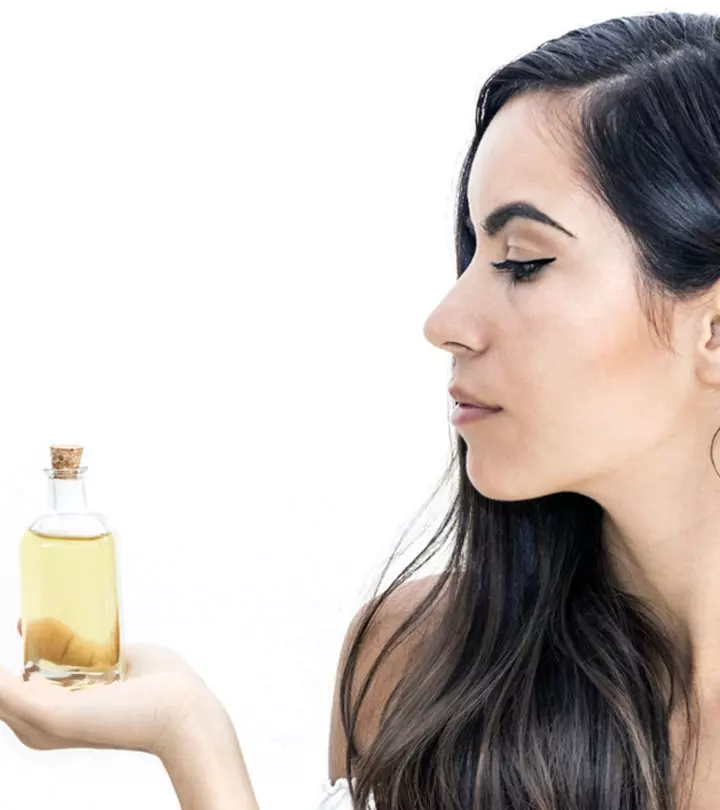



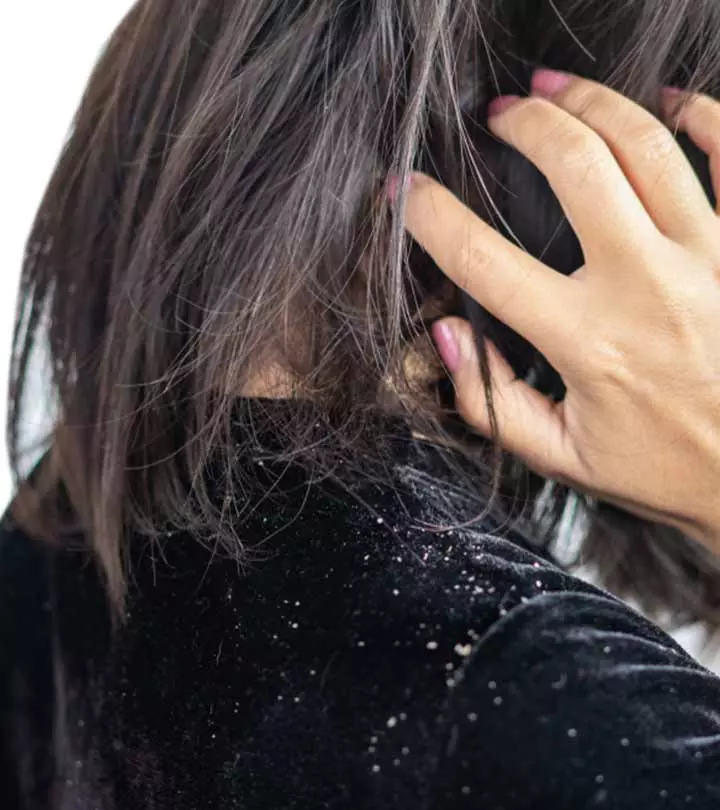
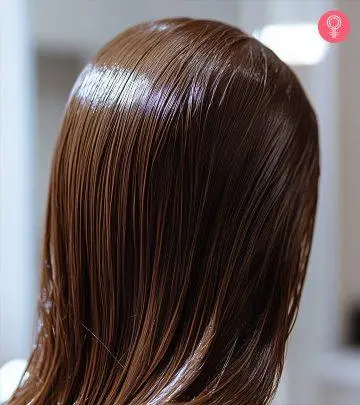
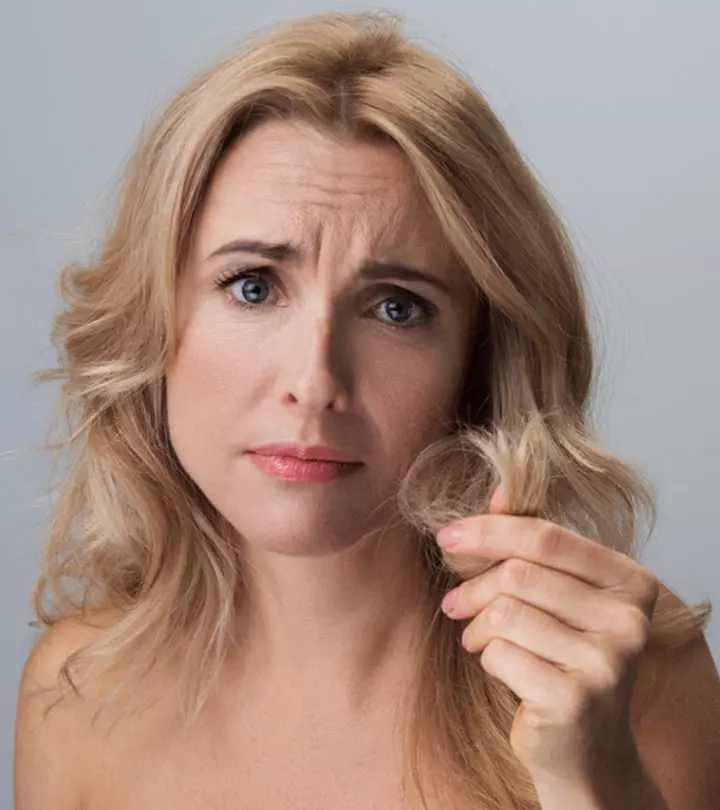
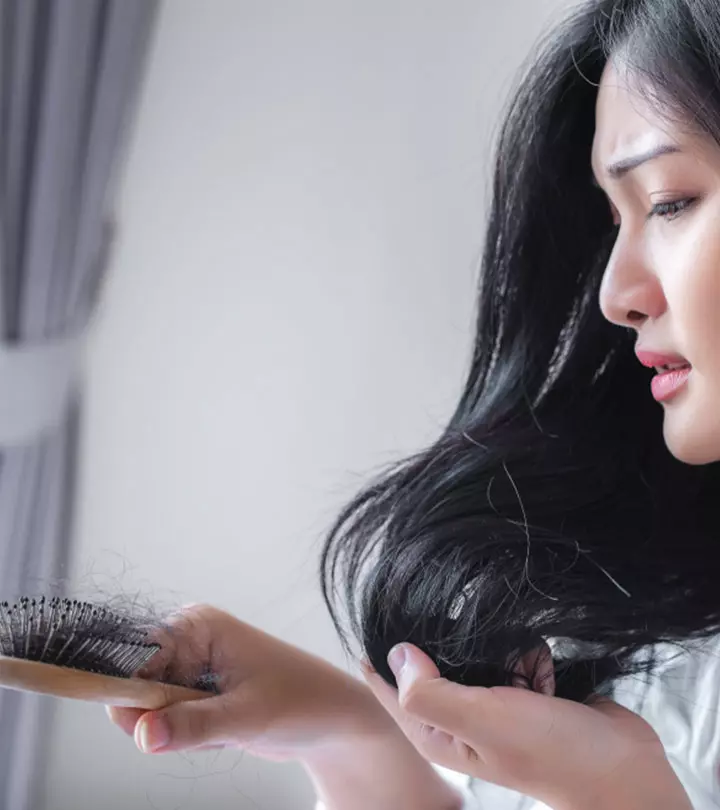
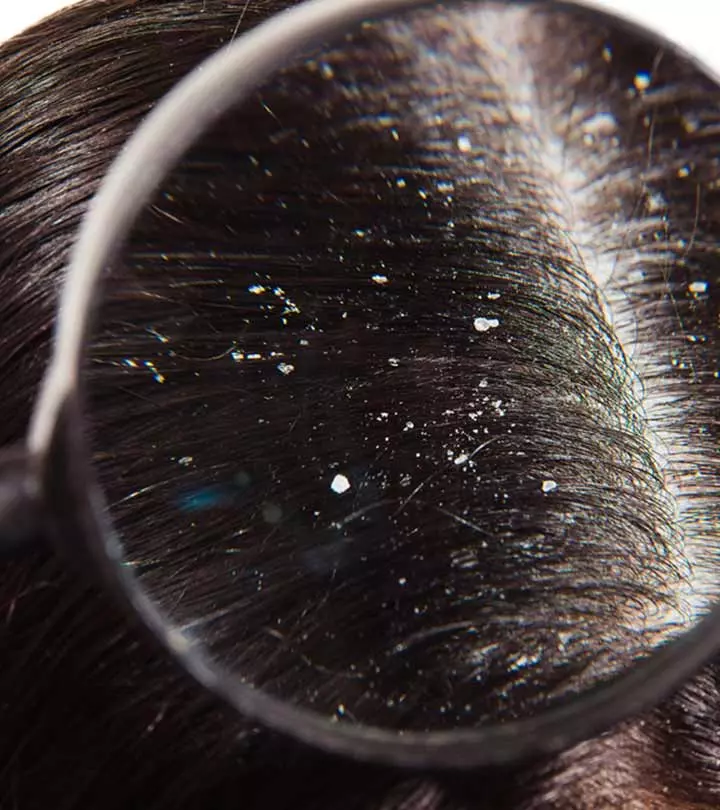
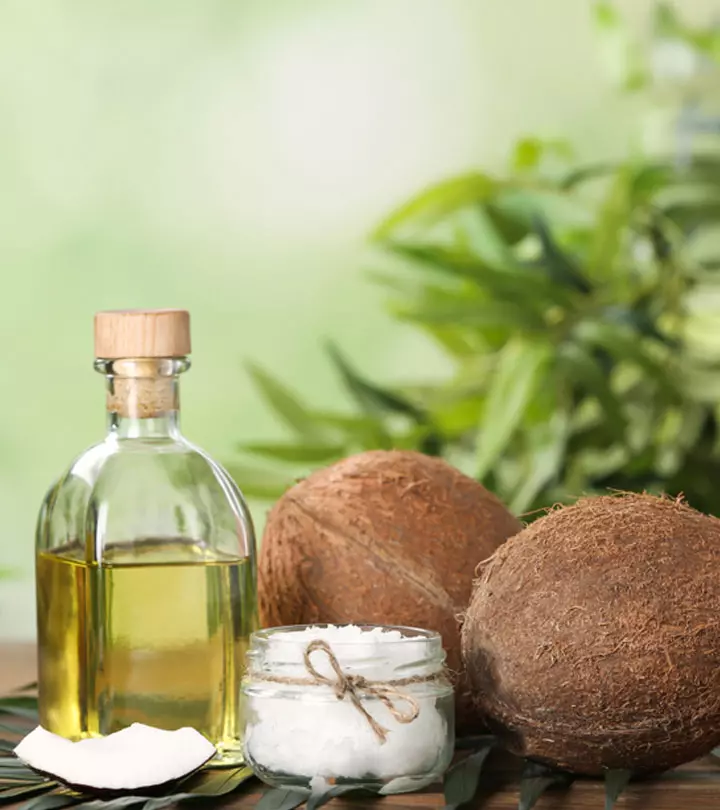
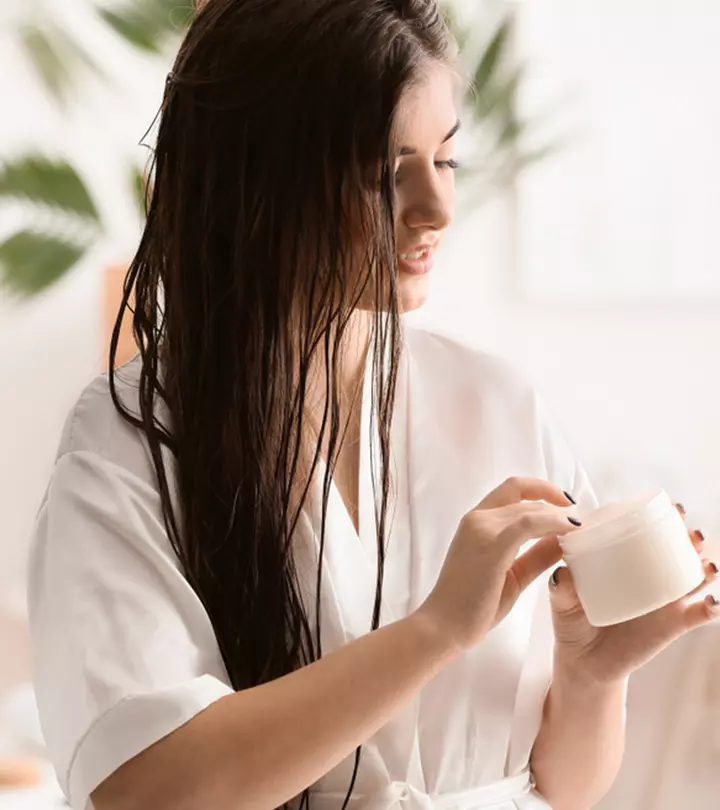

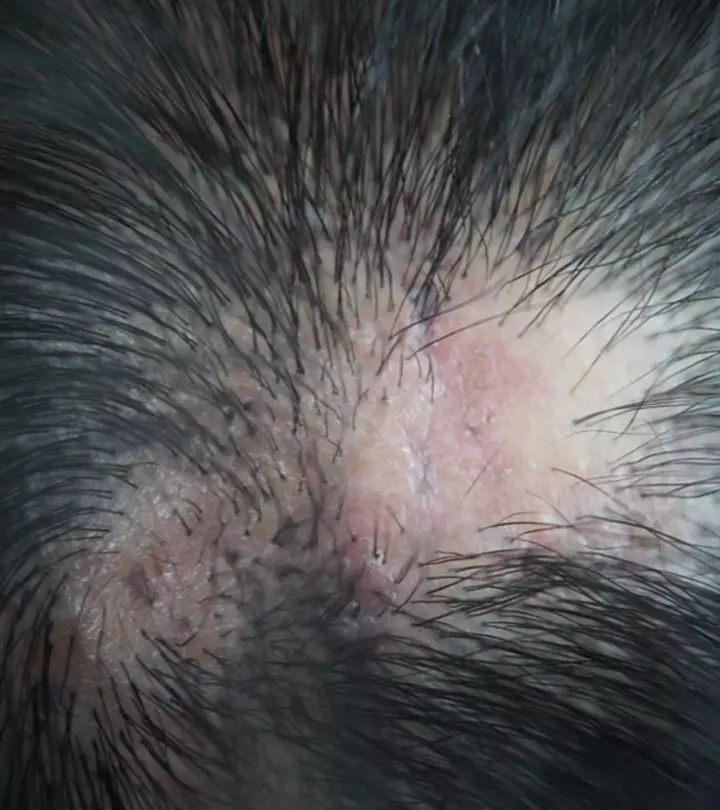
Community Experiences
Join the conversation and become a part of our empowering community! Share your stories, experiences, and insights to connect with other beauty, lifestyle, and health enthusiasts.